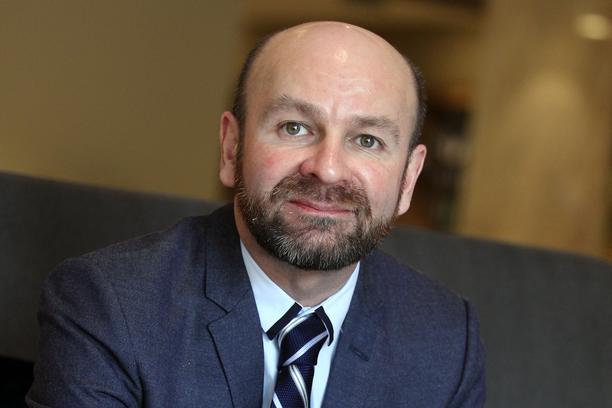Abstract by Neil Datta
While the rise of ultra-conservatism in Europe has been apparent for several years, precisely how these actors are organising, fundraising and attempting to exert influence across national borders or issue areas has not been clear. The European Parliamentary Forum for Sexual & Reproductive Rights (EPF) has produced three reports which attempt to fill this gap by painting a picture of the trans-national networks and clandestine funding system which support the anti-gender actors’ deliberate strategy to roll back human rights in Europe. In 2018, the EPF report Restoring the Natural Order introduced the world to the secretive workings of a Vatican-inspired network going by the name of “Agenda Europe” that was coordinating a set of radical policy initiatives to roll back human rights in sexuality and reproductive health. Working around a common manifesto, Agenda Europe members have launched over 15 policy initiatives to roll back human rights on abortion, contraception, divorce, lesbian, gay, bisexual, transgender, queer, questioning and intersex (LGBTQI) rights and gender since 2013. In 2020, EPF released a second report, entitled Modern Day Crusaders, which shone the light on a transnational religious extremist network with roots in Catholic fascism called Tradition, Family and Property (TFP). With origins in Latin America, TFP is now a European actor, with its Polish members serving as the new centre of gravity for this extremist movement and being behind some of the most visible anti-gender initiatives in Poland, including attempts to ban abortion, so-called “LGBT-Free Zones”, an attempt to withdraw from the Istanbul Convention and criminalisation of sexuality education. While sexual and reproductive health and rights have always been contested, a yet unanswered question, and indispensable in understanding the emergence of any new social movement, is how is the anti-gender movement financed? A third report entitled Tip of the Iceberg examines anti-gender funding actors active in Europe as well as the main channels through which the religious extremists generate funding and how it circulates. Tip of the Iceberg identifies USD707.2 million in anti-gender funding over the 2009–2018 period originating from a restricted group of 54 organisations, namely non-governmental organisations (NGOs), foundations, religious organisations, and political parties. There are three principal geographic origins for these organisations, namely the United States, the Russian Federation and Europe (excluding Russia). The picture that emerges is of a transnational community of likeminded religious extremists and related alt- and far-right actors making strategic funding decisions across international borders. Being aware and understanding this ultra-conservative movement is essential for those who want to safeguard a modern, inclusive and tolerant Europe. Intended as a resource for politicians, political parties, civil society and journalists, these reports aim to aid that understanding.


